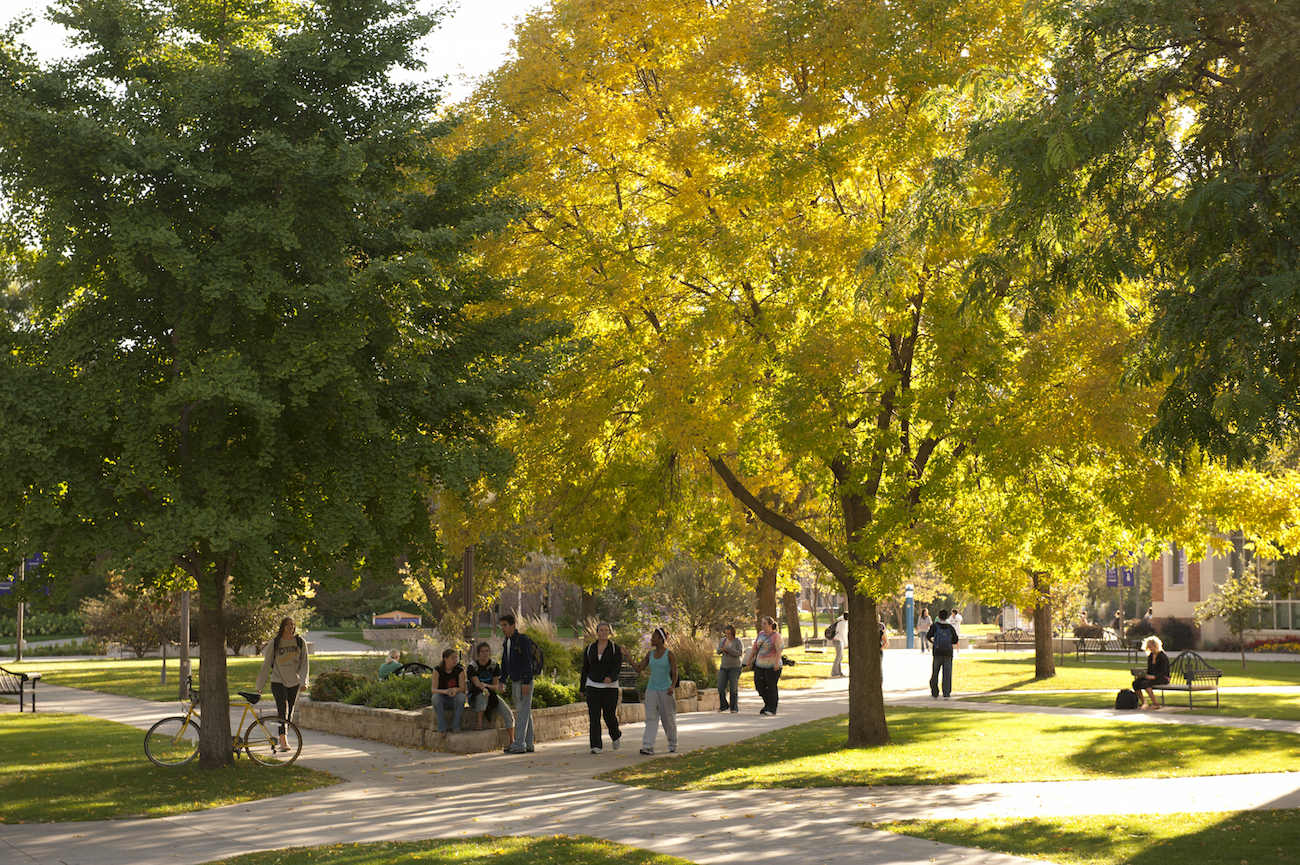 Winona State University was recognized by the Princeton Review in their 2019 edition of “The Princeton Review’s Guide to Green Colleges.”
Winona State University was recognized by the Princeton Review in their 2019 edition of “The Princeton Review’s Guide to Green Colleges.”
The Princeton Review chose the 413 schools it profiles through annual surveys distributed to administrators and selected schools based on their commitment to the environment and sustainability.
WSU implemented a series of initiatives to create a healthier and more sustainable campus and community of learners. “Among the most critical institutional commitments are the President’s Climate Commitment pledge to pursue carbon neutrality, the addition of a WSU Student Green Fee, the idea of which was initiated by students, and the establishment and expansion of WSU’s sustainability minor,” explains Nathan Engstrom, WSU’s sustainability officer.
Students also play a part in making a sustainable campus. Engstrom explains, “Students play a critical role in advocating for sustainability and providing leadership across a wide range of policy and practice arenas.”
Student Sustainability Assistants create opportunities for peers to engage in learning opportunities and projects that promote a more sustainable lifestyle. The establishment of the student initiated WSU Student Green Fee allows funding for projects that enhance the student experience and promote a sustainable lifestyle. WSU also offers a sustainability minor to educate graduates with knowledge and ideas to employ sustainable projects and ideas in the workforce.
Founded in 1858, Winona State University is a comprehensive, regional public university with over 7,600 students on campuses in Winona and Rochester. Around half of WSU students are first-generation, meaning neither parent has a four-year bachelor’s degree. The oldest member of the Minnesota State system, WSU offers more than 80 undergraduate, pre-professional, licensure, graduate and doctorate programs in five colleges: Business, Education, Liberal Arts, Nursing & Health Sciences, and Science & Engineering. Winona State has been recognized for what is now its tenth year in a row as one of the country’s most environmentally responsible colleges in the Princeton Review’s annual “Guide to Green Colleges.”
For more information about WSU’s ranking, visit The Princeton Review.
